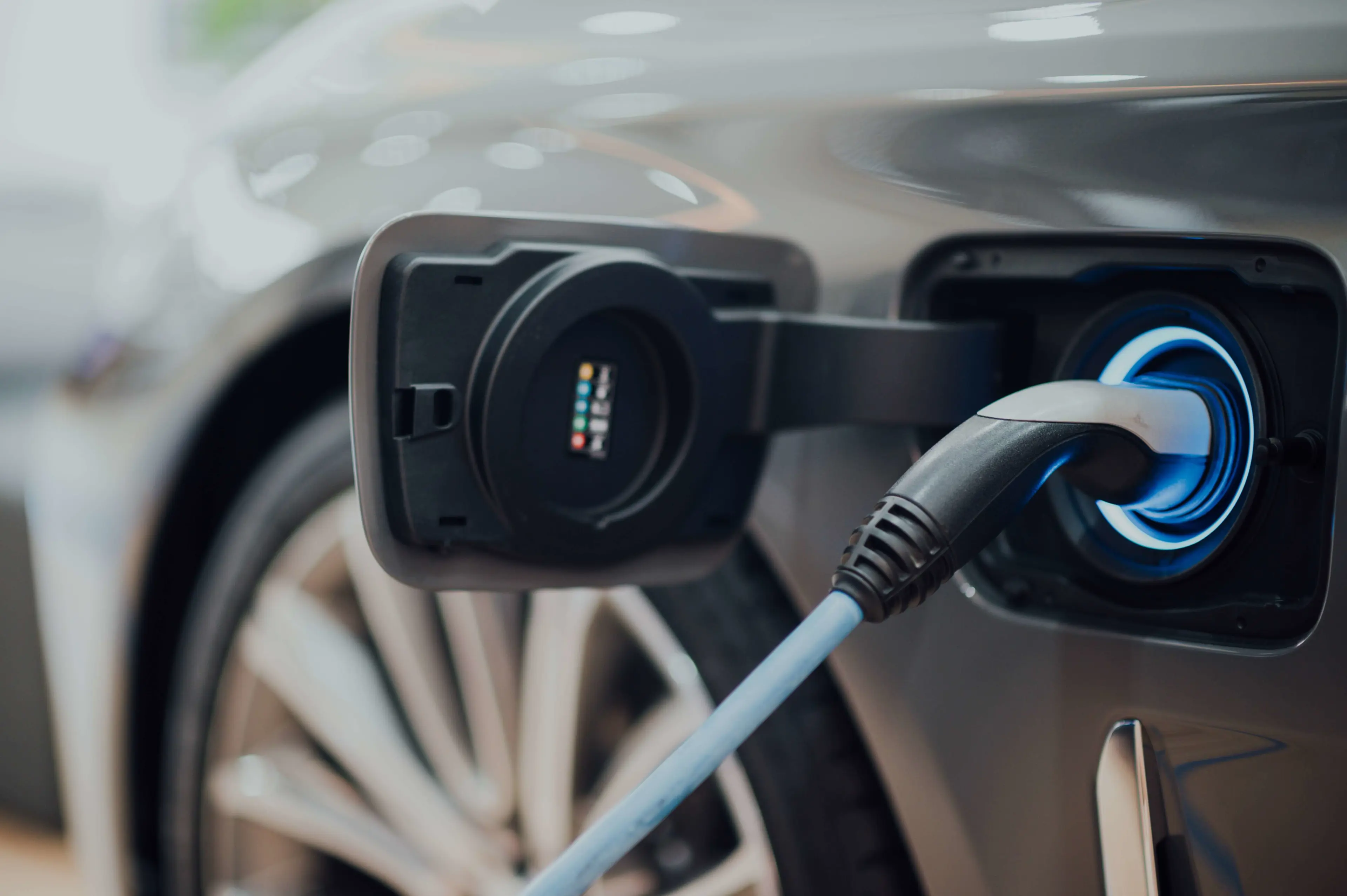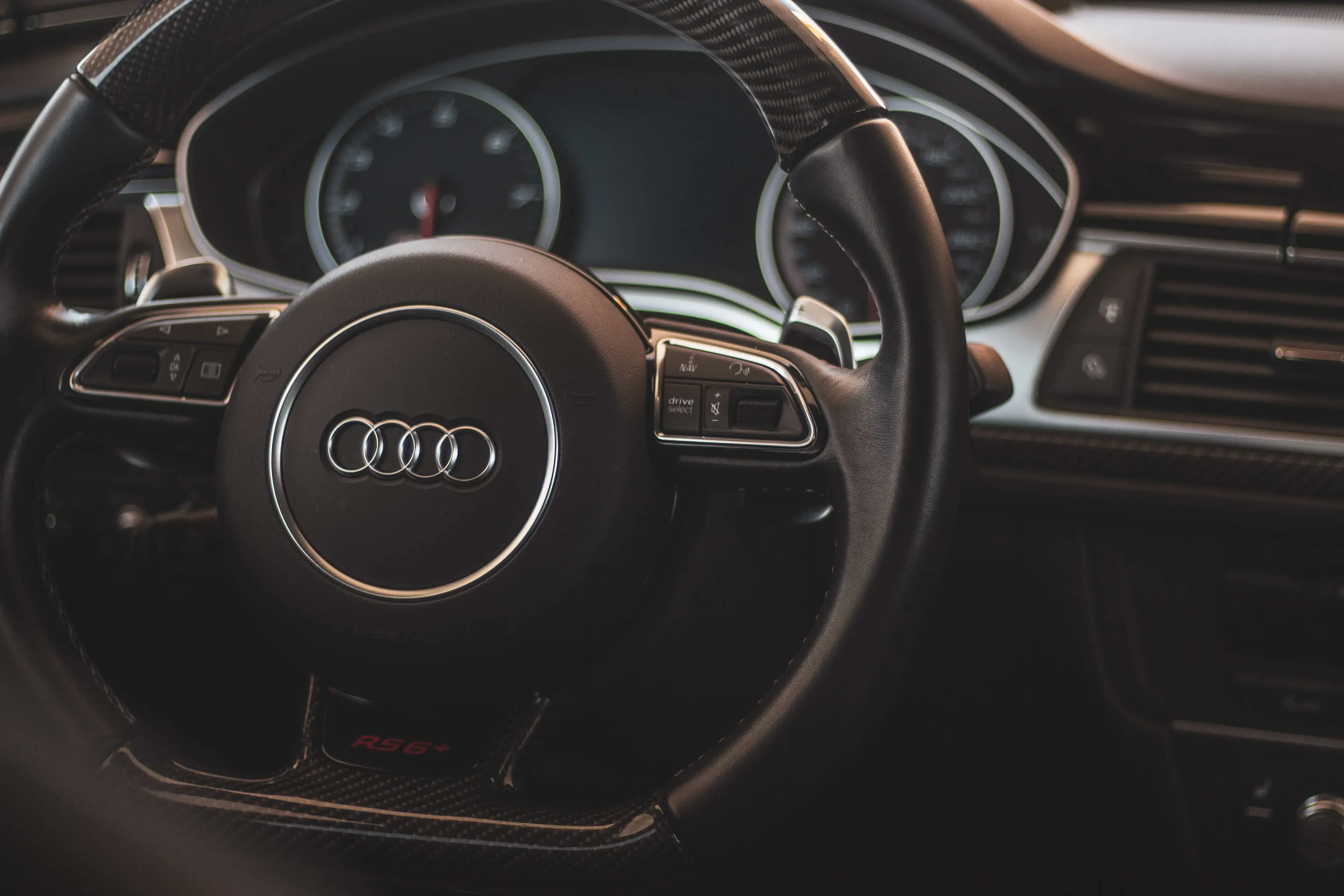
Automotive
1 Sept 2021
7 Min Read
Audi and the Era of Electrification
With the UK ban on the sale of new petrol and diesel vehicles less than a decade away, Matter Of Form speaks to Audi Head of Brand, Henrik Wenders, about what this means for both luxury brands and consumers – and how Audi is adapting to the biggest motoring revolution since Henry Ford rolled out the Model T.


“We are aiming to create a holistic and fascinating premium customer journey - one that offers a consistent brand experience throughout.”


Brand & CX
Automotive



